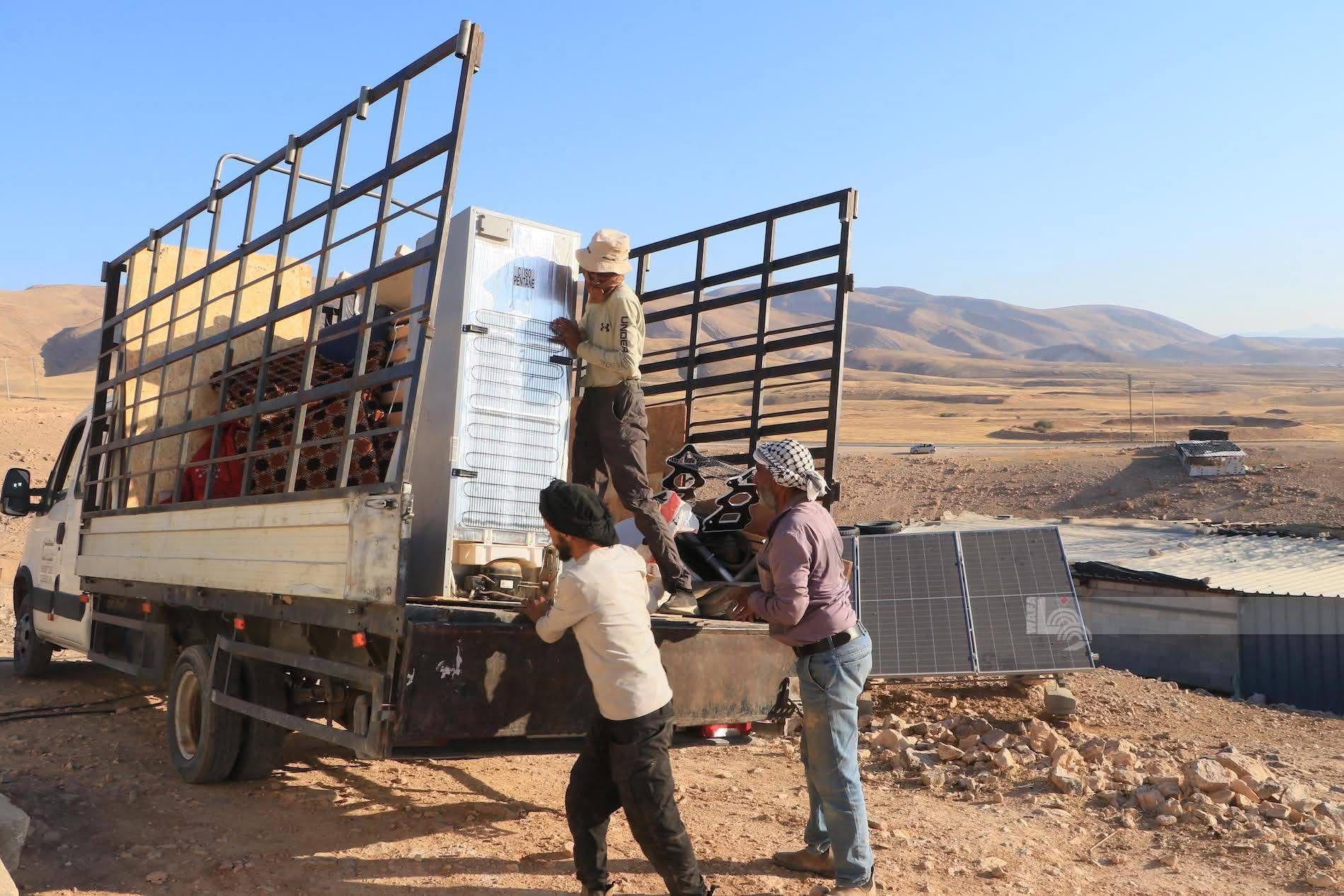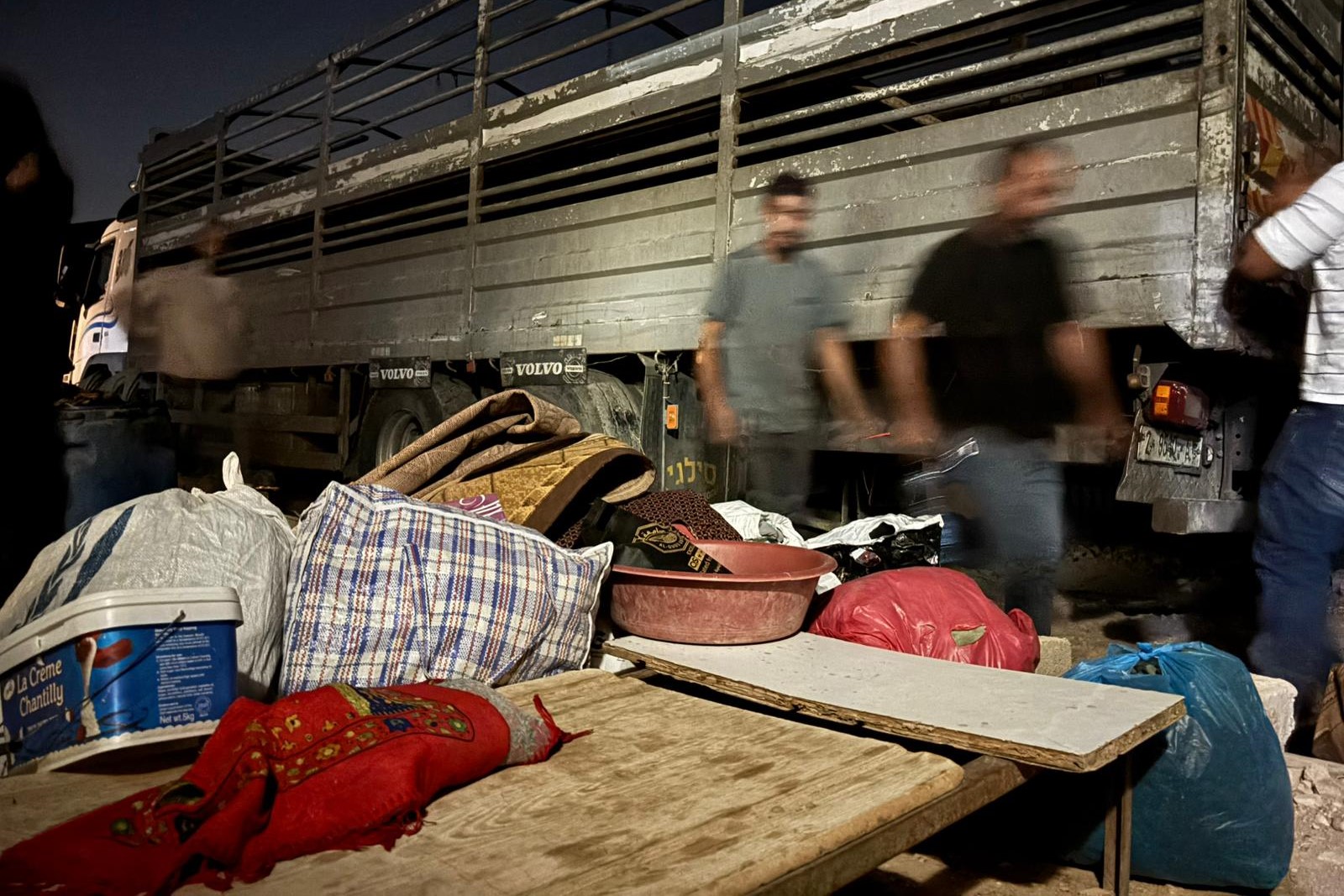AMMAN, August 10, 2010 (WAFA)- The Gaddafi International Charity and Development Foundation (GICDF) and UNRWA have signed a $50 million agreement to rebuild 1250 refugee homes in the Gaza Strip destroyed when Israel launched its last devastating attack on Gaza during December 2008 and January 2009, UNRWA said.
Representative of UNRWA's Commissioner-General Peter Ford, said: 'Twelve thousand refugees are still waiting for their homes to be rebuilt, living in the meanwhile in miserable, cramped and often expensive conditions in rented houses or with relatives or camping in the open. This generous donation should enable UNRWA to make a real difference to the lives of hundreds of families.' Peter Ford noted however that the pace of Israeli approval for UN projects would have to increase considerably for this to happen. 'We have a huge backlog of projects which have been held up, some of them for more than three years', he said. If the Libyans have secured an increase in the amounts of construction materials being allowed to enter Gaza, backed up by large funds to procure those materials, then that is a significant and very welcome achievement, for which they deserve our sincere thanks', UNRWA added in a press release.
A second agreement to support poor refugees in Gaza on the occasion of the holy month of Ramadan worth half a million dollars was also signed. Approximately 110,000 of the poorest people in Gaza will receive hot meals which they could not otherwise afford, the press release continued.
The two agreements were signed on the side of the GICDF by its Executive Director, Dr. Youssef Sawani. The Chairman of the Foundation is Eng Saif Al Islam Muammar Gaddafi.
Peter Ford added that although the $50 million and the Ramadan pledges were highly welcome 'these contributions will unfortunately not help UNRWA to bridge the $85 million deficit in its core budget, since the funds would be earmarked for Gaza housing and meals only'. UNRWA is facing a gap in its core budget of $85 million because of the growing burdens being placed upon it as well as factors like inflation and the world economic recession, according to UNRWA.










